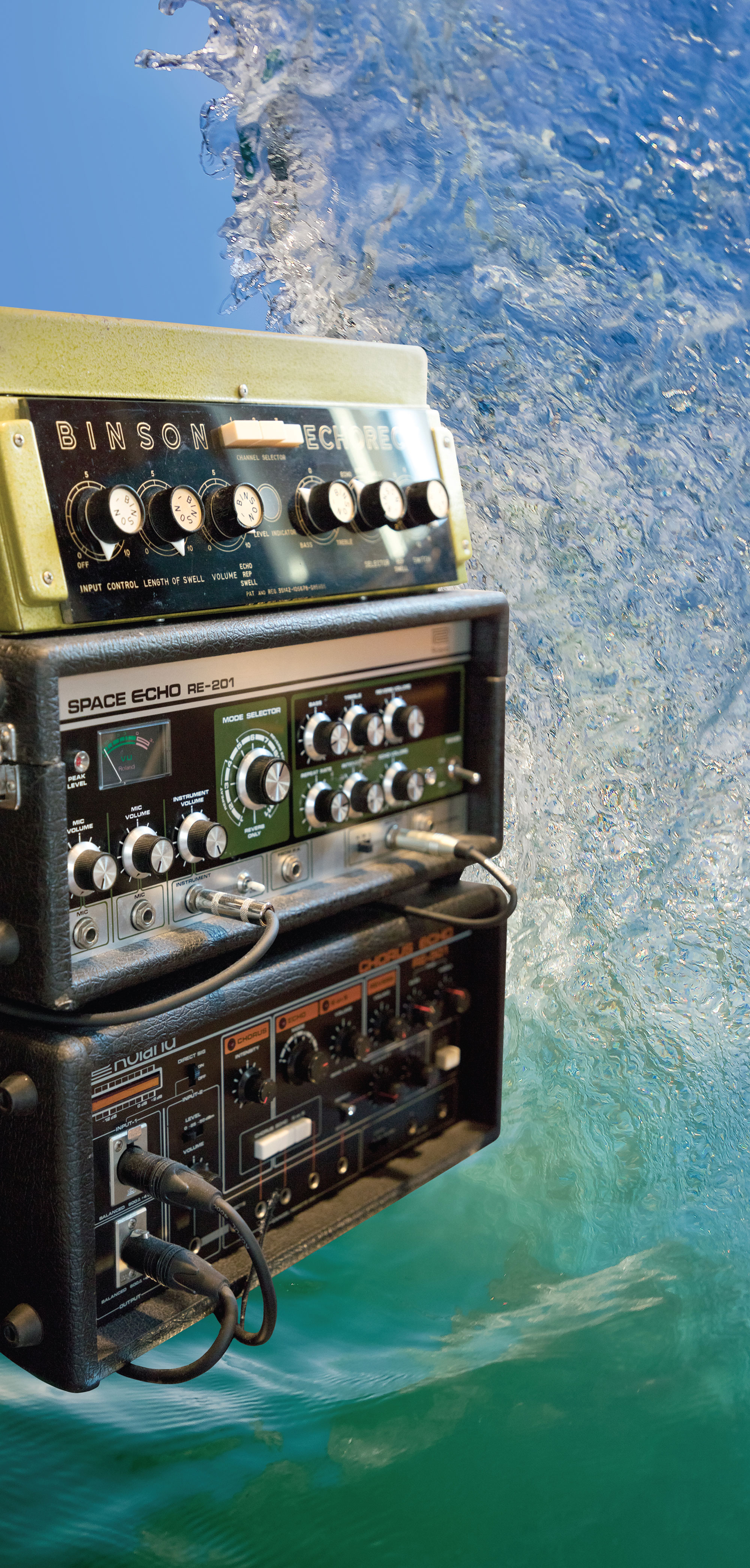In 2014, I attended the inaugural Advanced Audio + Application Exchange (A3E) conference and wrote about it in the TapeOp.com blog. A3E has continued to grow, and A3E events now run tangentially with the semi-annual NAMM Show (and are free to attend for all NAMM badge holders). Our editor Larry Crane has moderated two A3E panels, indluding The Future of Digital Audio at A3E NAMM 2020. I caught up with A3E President Paul Sitar over the phone, a few weeks before NAMM 2020. What was the original premise of A3E and how has it evolved? We're building an exchange of ideas, information, and intelligence between three communities: music and audio software developers; musicians and audio professionals; and music, audio, and technology manufacturers. Seven years ago, when I wrote the original business plan, a forum for music-industry developers didn't exist. Apple had WWDC, but AES and NAMM weren't really focusing on developers and their ideas. We saw the developers being that major disruptive factor — empowering but also challenging the existing business models. The original thought was to wrap in these three communities and let them work together to develop next-generation music technology — new ways for the industry to create, produce, collaborate, distribute, and monetize. Since our first event, it's been amazing to see small companies burgeon into really solid companies. Back then, iZotope was just a few employees, and today, Artiphon has major artists behind it, for example. We're now getting richer and broader into art, technology, and business. That's what A3E Research is doing. We're boiling it down to the disruptive technologies, and we're helping the industry pursue their challenges at a business level. Right after 2014, the bigger conferences approached us and asked us to co-locate: NAMM in Anaheim and Nashville; Musikmesse in Frankfurt; Music China Prolight + Sound in Shanghai. The validation comes from these other big events asking us to bring A3E to their attendees. When I look at Jack Joseph Puig, or Pete Brown from Microsoft, or Steven Slate, or David Mash from Berklee, or Marcus Ryle, who was instrumental in bringing affordable DSP-based products to the market — we've had some really great people say, "We like the mission, there's a void, and we want to help you fill that void." ... What's a disruptive technology that you see shaping the industry? The survey we just did reached a nice cross-section of the music industry — artists, business management, manufacturers, developers, media — and I don't want to give away too much yet, but one of the biggest challenges and opportunities facing the music industry right now is artificial intelligence. At A3E in 2015, Intel came in with two computers — one representing a guitar player and the other a bass player. One of their music-technologists started riffing, and the computers were listening and picking up and adding to the performance. And then the actual human stepped out, and the computers kept riffing off each other and creating music together. That kind of blew apart the idea that only humans can make music. A3E is working with companies big and small, not only to showcase their skunkworks accomplishments, but also to bring them together to continue to involve the industry. In one of our Executive R&D Board Rooms, we brought in Touch International, whose focus is advanced touchscreen technology for medical and automotive. We introduced them to the music industry, and now they're showing a globe-like touchscreen that allows artists to create in a whole different way. A3E is bringing together thought leaders, both established and up-and-coming, to focus on these new disruptive technologies and business models. We're benchmarking and seeing what's happening across peers and different verticals, and we want to start providing consultative and strategic advisory services. That's what's going to help us assess the uncertainties challenging the music industry, as well as understand the best practices in regard to, for example, artificial intelligence and machine learning, or new interactive interfaces for creating music. –AH

